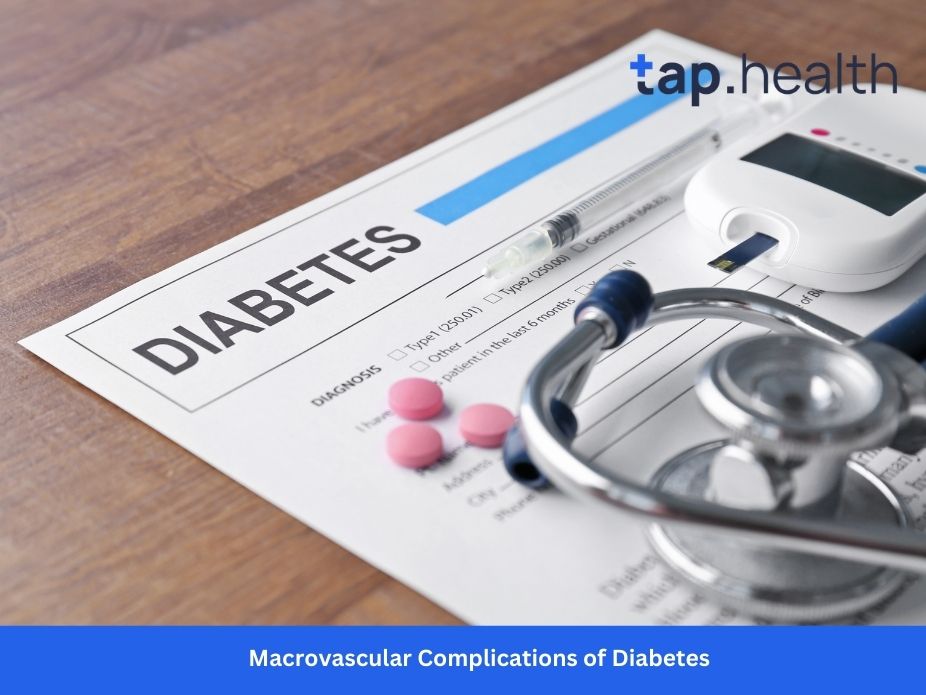Living with both diabetes and conditions like anxiety or depression is common. Many patients ask: “Will Lexapro mess with my diabetes medication or blood sugar control?” The short answer is — Lexapro (escitalopram) does not have major direct drug-to-drug interactions with most diabetic medicines, but it can indirectly affect glucose levels through appetite changes, weight shifts, insulin sensitivity, and stress reduction.
How Lexapro Works and Why Diabetics Should Care
Lexapro is a selective serotonin reuptake inhibitor (SSRI) that boosts serotonin in the brain to treat:
- Major depressive disorder
- Generalized anxiety disorder (GAD)
- Panic disorder
- Social anxiety disorder
While highly effective for mental health, its side effects on appetite, weight, and insulin function can complicate diabetes management.
Key Ways Lexapro Influences Blood Sugar Control
1. Appetite and Weight Fluctuations
Lexapro can either suppress or increase appetite:
- Decreased appetite → risk of hypoglycemia (especially on insulin or sulfonylureas)
- Increased appetite → overeating → hyperglycemia
Both scenarios demand tighter blood glucose monitoring and possible diabetes medication adjustments.
2. Possible Effects on Insulin Sensitivity
Some studies suggest SSRIs may slightly worsen insulin resistance in type 2 diabetes patients, meaning higher doses of oral agents or insulin might be needed over time.
3. Stress and Cortisol Reduction (Usually Helpful)
By lowering anxiety and depression, Lexapro often reduces stress-induced blood sugar spikes. However, during the first 2–4 weeks, temporary increased anxiety or agitation can briefly raise glucose.
4. Rare Risk of Hypoglycemia
Though uncommon, cases of low blood sugar have been reported with Lexapro, particularly when combined with insulin or sulfonylureas (glipizide, glyburide).
Lexapro and Common Diabetes Medications: Interaction Guide
| Diabetes Medication Class | Known Direct Interaction with Lexapro? | Things to Watch |
|---|---|---|
| Insulin | No direct interaction | Appetite changes may require dose tweaks |
| Sulfonylureas (glipizide, glyburide) | Increased hypoglycemia risk | Monitor closely for lows |
| Metformin | No significant interaction | Indirect effects via appetite/weight |
| GLP-1 agonists (semaglutide, liraglutide) | No major interaction | Both affect appetite — monitor eating patterns |
| SGLT2 inhibitors (empagliflozin, canagliflozin) | No major interaction | Stay hydrated; Lexapro can rarely cause dry mouth |
Real Patient Experiences
Sarah (45, type 2 diabetes + GAD) Initially saw blood sugar swings due to fluctuating appetite on Lexapro 10 mg. After 6–8 weeks and dietary adjustments, her A1C improved because reduced anxiety lowered her cortisol-driven highs.
Mark (30, type 1 diabetes + depression) Experienced unexpected lows when skipping meals. Adding a small protein-carb snack with each Lexapro dose resolved the issue.
Expert Insight
Endocrinologists agree: “Lexapro rarely causes severe interactions, but the first 1–3 months are critical. Increase fingerstick checks to 6–8 times daily when starting or changing dose, and always inform your diabetes team.”
Practical Tips for Safe Use of Lexapro with Diabetes
- Test blood sugar more often when starting Lexapro or changing dose
- Log appetite/weight changes and share with your doctor
- Treat any low blood sugar immediately (15 g fast carb → recheck in 15 min)
- Schedule joint follow-up with psychiatrist and endocrinologist/diabetologist
- Maintain consistent meal timing even if appetite drops
- Stay hydrated — Lexapro can cause dry mouth or mild nausea
Frequently Asked Questions About Lexapro and Diabetes
Q: Does Lexapro directly raise blood sugar?
A: No direct effect, but increased appetite or weight gain can indirectly raise glucose.
Q: Can Lexapro cause hypoglycemia in diabetics?
A: Rare, but possible — especially with insulin or sulfonylureas.
Q: Do I need to change my metformin dose when starting Lexapro?
A: Usually not, unless appetite/weight changes significantly alter your glucose pattern.
Q: Is Lexapro safe for type 1 diabetes?
A: Yes, when blood sugar is monitored closely and insulin adjusted as needed.
Can You Safely Take Lexapro with Diabetes? – TapHealth’s Take
Yes — millions of diabetic patients successfully use Lexapro or other SSRIs. The key is proactive monitoring, open communication with your healthcare team, and willingness to adjust food, activity, or medication during the adaptation period. With proper diabetes management, Lexapro can actually improve long-term glucose control by reducing stress and depression-related highs.



